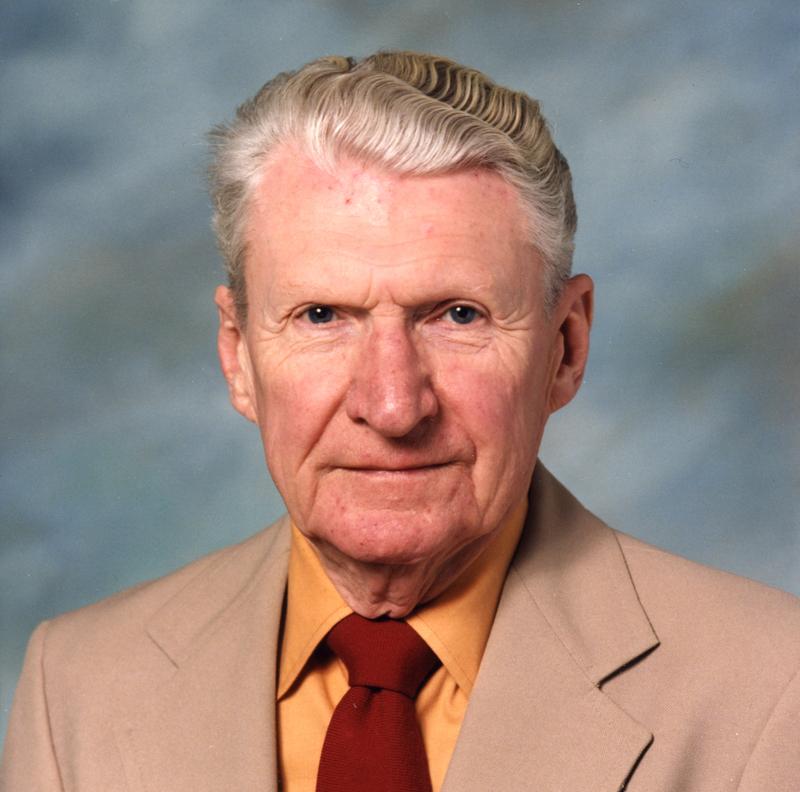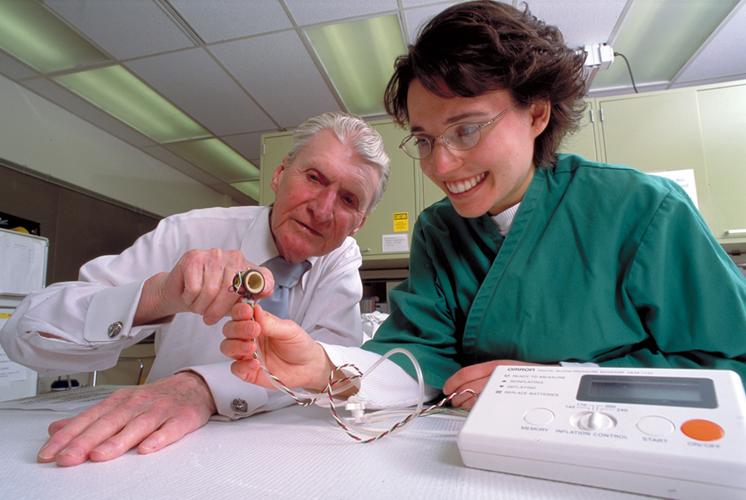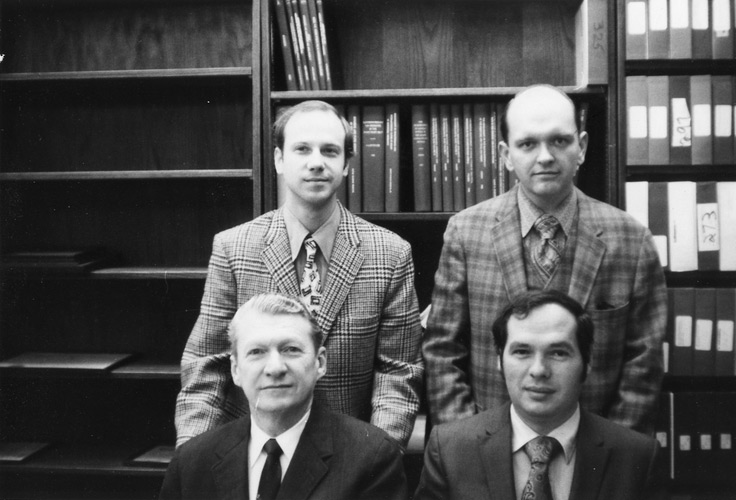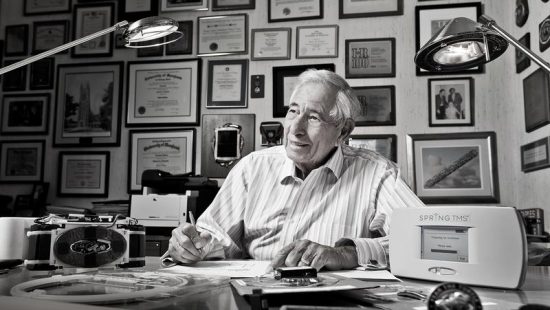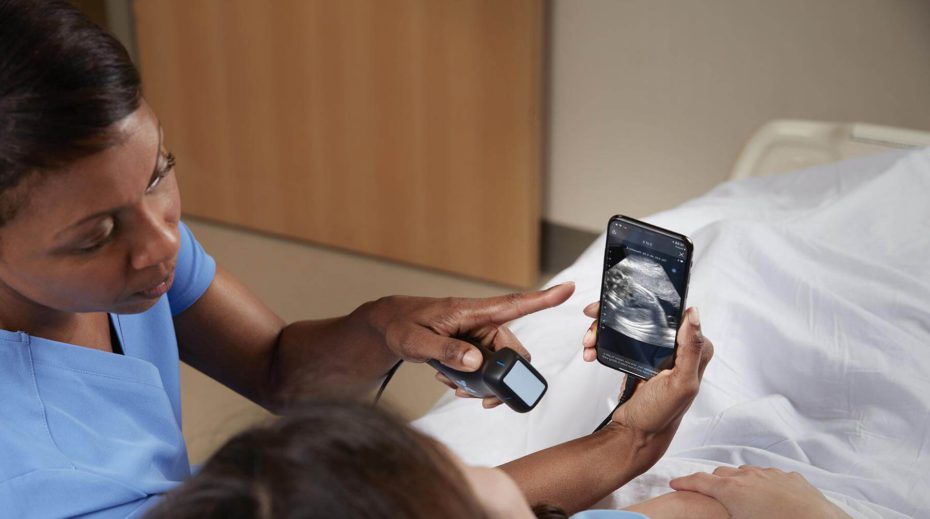Leslie Geddes was a physiologist whose work has led to the development of many medical devices. Born in Scotland in 1921, Geddes emigrated to America by way of Canada, earning degrees in electrical engineering and physiology from McGill and Baylor Universities.
To name just a few areas of impact, his work has advanced the design of pacemakers, created a miniature blood pressure cuff that will fit premature infants, created a new, more effective form of CPR and a portable electrocardiograph.
His blood pressure cuff, in particular, is remarkable because prior to its creation measuring the blood pressure of premature infants was very difficult. Their veins are too small for a typical cuff, requiring a special catheter threaded through the umbilical cord to get measurements. Geddes’s cuff solves this problem and removes the need for invasive measurement, making it possible for doctors to more carefully monitor the infant’s health. More than two thirds of all newborn deaths occur in births below the 5 lbs birth-weight threshold, making this a crucial area of research.
Geddes as always remained humble about his achievements. During an interview given in 2000, this is how he finished the conversation: “The only thing that I can say is that I have been blessed with good mentors.”
By Casey Samulski

